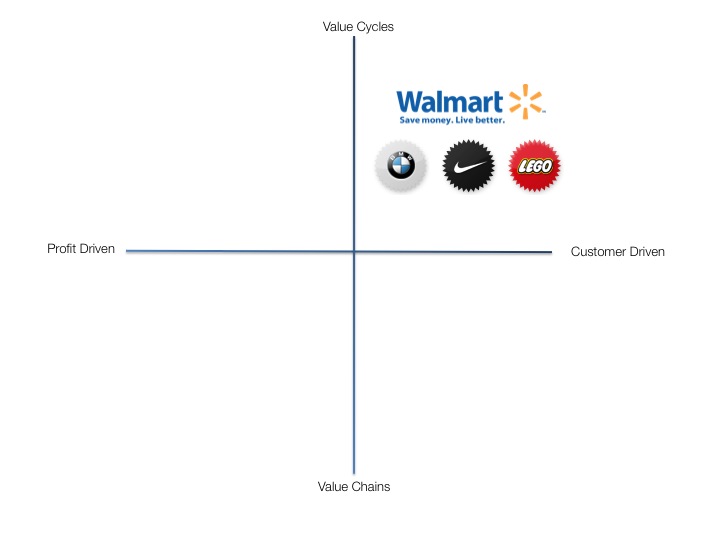A B-Zero World
I have a confession to make. I love Planet Money. There is nothing that makes me feel smarter or more informed about the world on a daily basis.
On a recent Planet Money podcast, Ian Bremmer, author of "Every Nation for Itself: Winners and Losers in a G-Zero World" was interviewed (listen to the podcast here) and asked a very specific question --
In this new world order without a singular military, economic, or political leader --
Which countries are going to thrive and which are going to suffer?
This is an extremely complex question which Mr. Bremmer answers eloquently and coherently.
Don't worry, I won't tell you all his answers. But I did plot them so you can easily identify his picks if you're curious.
Listening to him speak, a couple of themes emerged.
The countries that are going to thrive in this "G-Zero" world are those which are first and foremost self-reliant, resource independent, and politically stable. This might be an oversimplification (Ok, I'm sure it is), but it happened anyway. Sorry I'm not sorry.
Every country talked about in the podcast has internal resources, but I think the key to Bremmer's argument is around this idea of self reliance. What is interesting about this emphasis on self reliance, is that, until this interview, I thought the path to geo-political success was based on carefully calculated exertions of influence and power (both military and economic).
In Bremmer's argument, Mexico's reliance on the United States is seen as a negative, and Myanmar's reliance on the Chinese is an argument against inevitable success.
On the other hand -- The Eurozone is cited as an example of being too self-reliant, unable to compete on the global stage without an economic jumpstart from China.
To me (for what it's worth), the Eurozone represents an example of remaining overly optimistic when it comes to consistent economic growth, even in the face of severe debt.
I saw a lot of parallels between Bremmer's argument and Umar Haque's "New Capitalist Manifesto." Haque argues that to succeed in 21st century capitalism, brands need to move from creating "value chains to value cycles". Value chains represent ways to create the cheapest and most efficient means of production, by finding loop holes and shifting costs to both humans and the environment. Value cycles represent ways to create real or thick value by uncovering strategies to efficiently use resources to create sustainable experiences that are profitable long term by understanding the full cost of value creation.
This parallels the argument for the potential success of countries who are transparent and democratic with internal resources that are distributed effectively.
Brands which are customer driven and have created value cycles rather than short sighted value chains are positioned for success.
Both Haque and Bremmer's arguments rest on providing real value (for citizens or customers) and utilizing resources smartly and sustainably to create competitive advantage.
BMW, Walmart, and Lego are examples of companies that are focused on creating real value for customers and utilizing resources efficiently.
Walmart has a goal to be powered by 100% renewable energy.
Nike is on a path to climate neutrality.
BMW aims to create value not only for the company, but for the environment and society.
Lego has been tracking sustainability efforts since 2006, with the goal of running on 100% renewable energy.
Maybe understanding the value of brands and geopolitics isn't all that different. Maybe.


